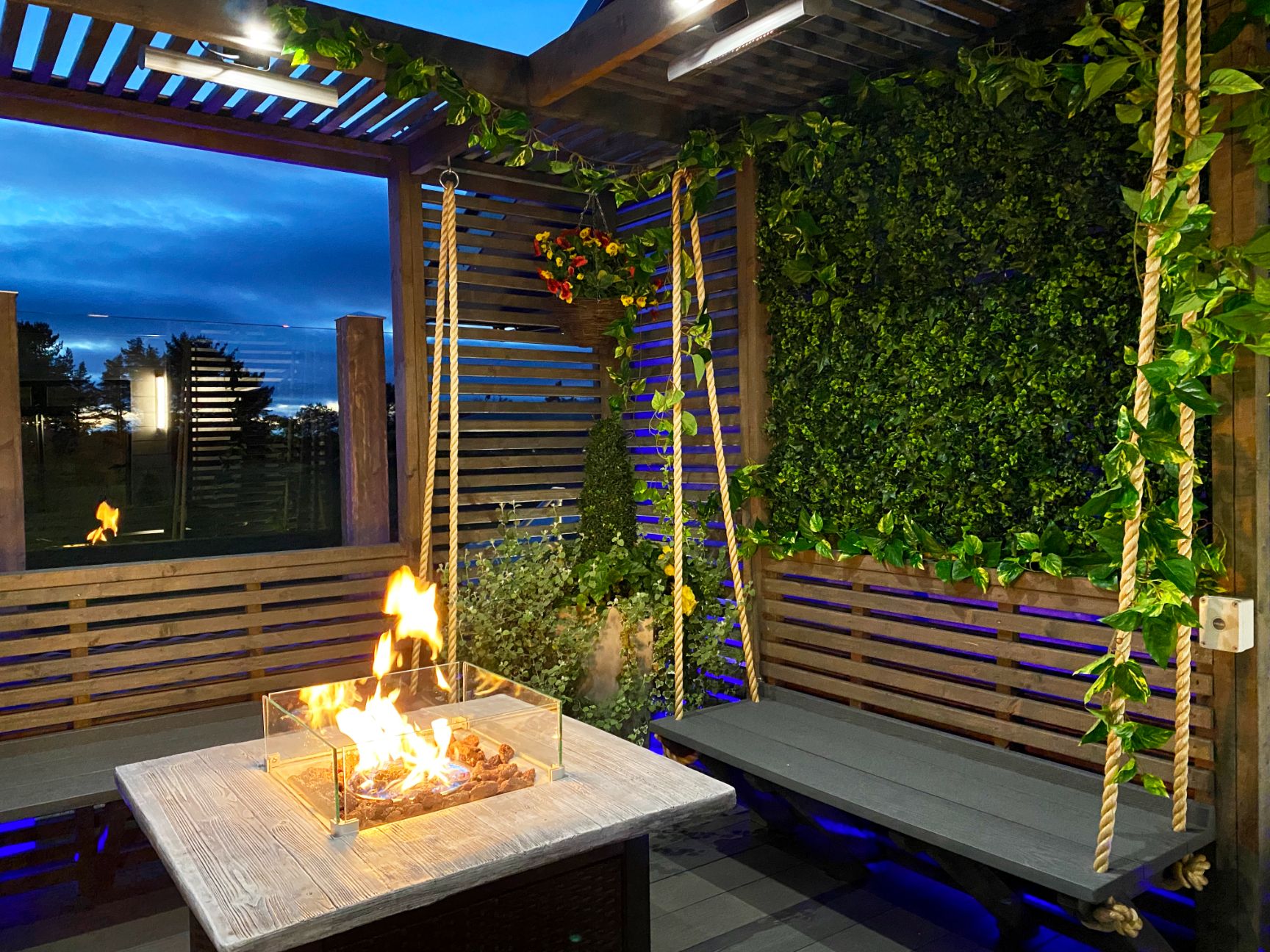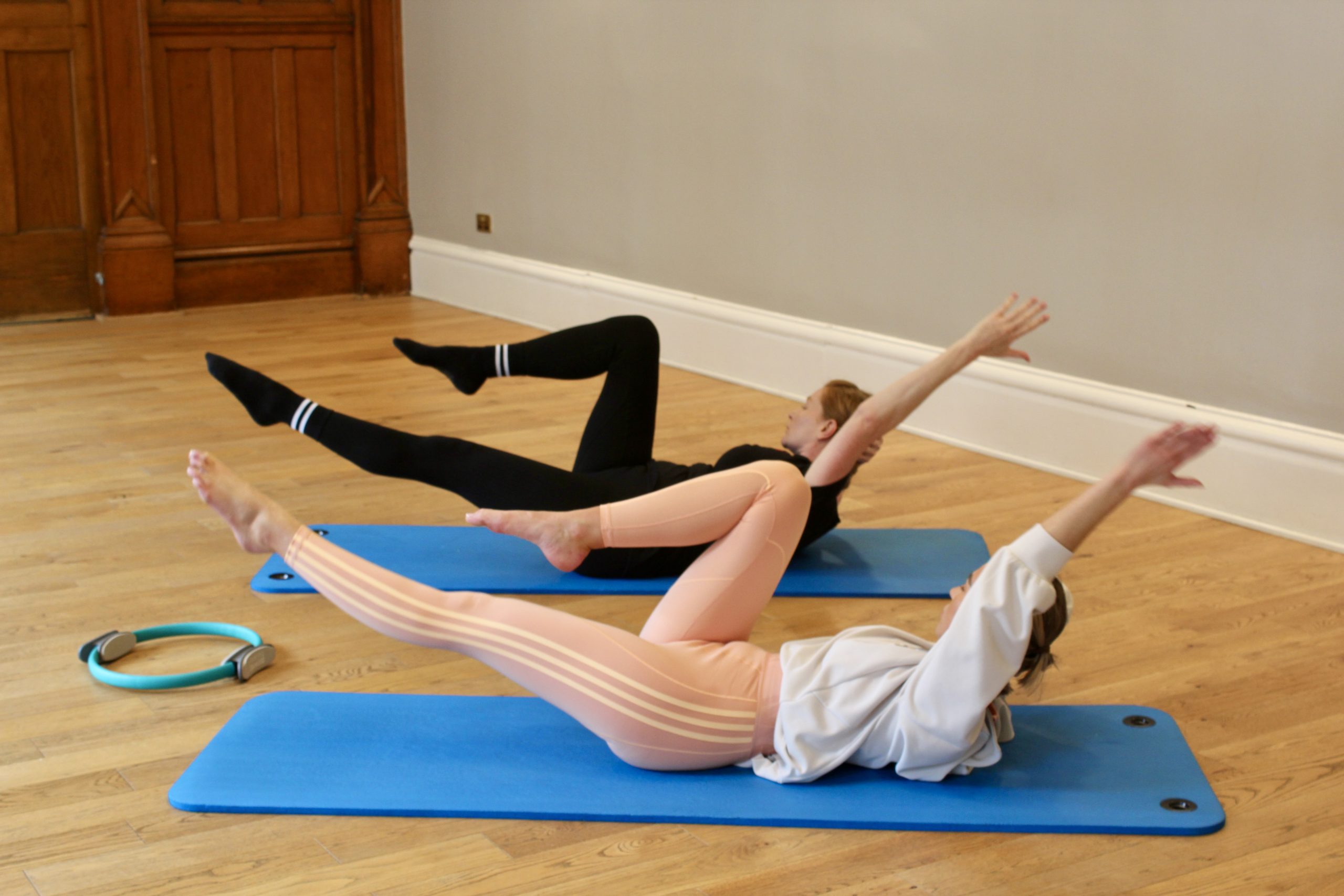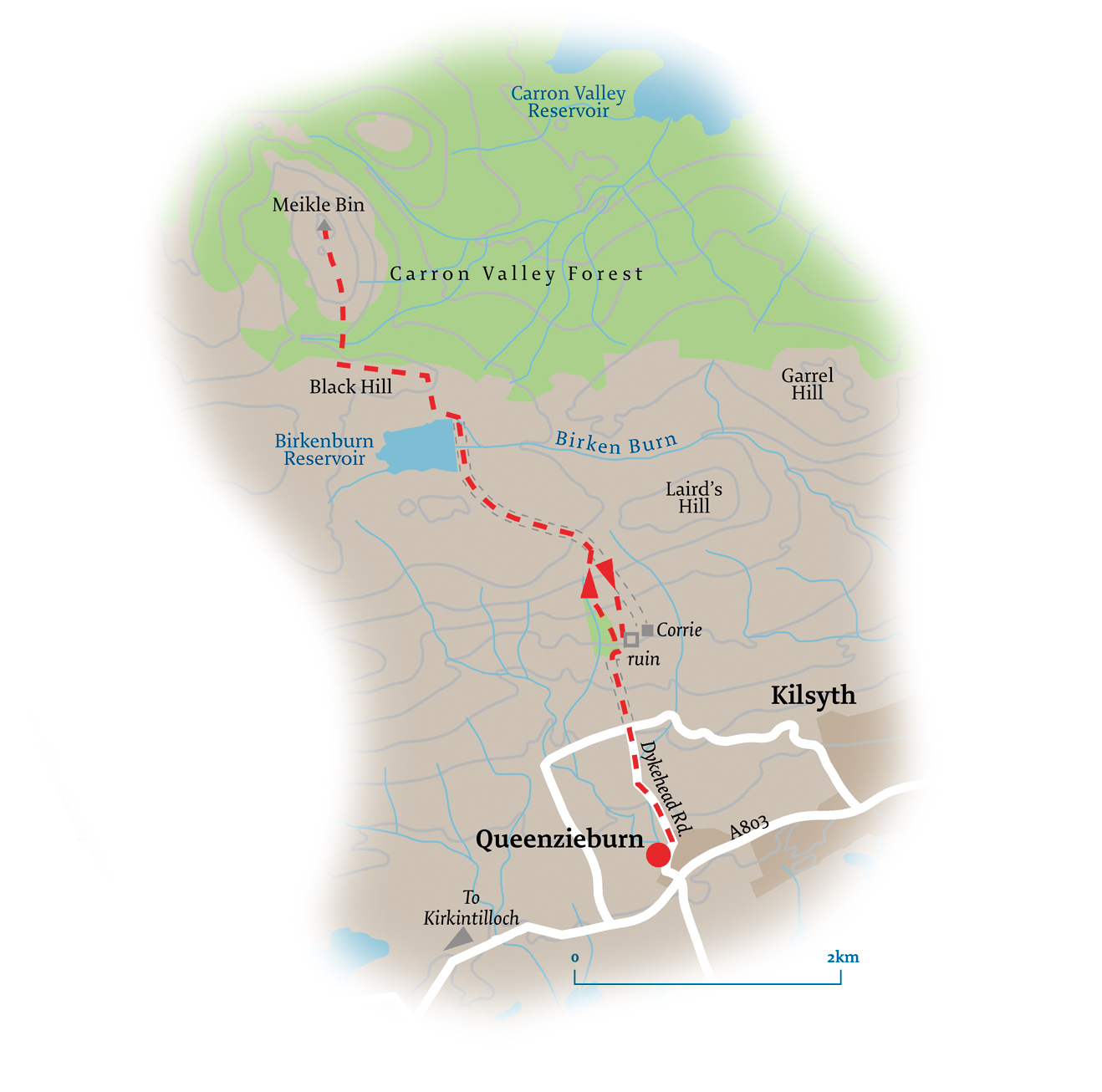Tracey McCallum meets author Zoe Strachan

Zoë Strachan is an award-winning Scottish novelist and journalist. Originally from Kilmarnock and now living in the West End, Zoë also teaches creative writing at the University of Glasgow. Catch The Moments As They Fly is her latest work.
Catch the Moments As They Fly is your first novel in 10 years – How would you sum up the story for Westender readers?
It’s a family saga spanning thirty years, between the 30s and 60s, and centring on a couple, Rena and Bobby. It’s about their relationship, but it’s also about something that used to be deeply unfashionable here in Scotland: getting above yourself. They both want to change their lives, and they have the ideas and the ambition to do so. But as they know only too well, everything comes at a price.
The period between the 1930s and the 1960s seemed to be an accelerated era of societal change. What do you think the main changes were and how did you go about researching this?
This is such a personal book for me, being based on many of the family stories I grew up hearing – and especially on the gaps in these stories, the tantalising hints and omissions that are like catnip to a writer of fiction. So, I had to lean into my own memory, and search out old photos and newspaper articles. I have quite a visual imagination, and it helps me picture my characters and their world if I know some of the small details – the shoes they’re wearing, the streets they’re walking along. And of course, the novel begins with a war on the horizon, and then rationing goes on into the 50s. That’s a challenge, to people in the hospitality business, and requires some creative (and not entirely legal) solutions.
Rena and Bobby have both experienced trauma and they are striving to leave their pasts behind and keep moving forwards at all costs. I realise too that the novel is a bit of a love letter to the Kilmarnock of the past, that I’d heard was prosperous and full of industry. That made locomotives and water pumps and carpets and sent Johnnie Walker whisky around the world. That was almost all gone by the time I was born, in the 1970s.
Rena, the main protagonist came across as very brave and stoic and she became the matriarch of the family, looking after her mother and her siblings. Do you think this is common in families even today?
I’m glad that Rena seems brave! I think she is, and she’s determined – ahead of her time, maybe. And used to a world in which women keep going and keep everyone else going. Her mother’s family has felt the effect of the First World War, and her aunts in particular, are a support network. Rena has a great deal in common with my own grandmother, who shared a lot of her story, including changing her own life, and that of her mother and siblings, when she was just fifteen years old. I know quite a few women who wouldn’t call themselves matriarchs, but who are certainly taking on that family role today.
Why do you think we’re so fascinated by other people’s family dramas?
Other people’s lives are fascinating! Sometimes I wonder if writing fiction is just a kind of legitimized nosiness. But one of the things I was interested in exploring in this novel is the idea that there’s no such thing as an ordinary life. Everyone is extraordinary in their own way. Rena is no exception.
Rena and her husband Bobby seemed to have the makings of a glamorous, successful couple. It didn’t take long for him to begin letting her down. Do you think if times had been different, she would have left him?
The glamour was one of the most enjoyable parts, for me. Rena has been through such a period of poverty, of hard physical work and never having enough of anything, that when she begins to be able to have nice things, she really wants them. She like clothes, and fancy food, and Bobby is very happy to follow her lead. They look good together and most of the time, they work well together too – although that would be a lot easier if he wasn’t an alcoholic, and a womaniser. But in this period in time, the law means that Rena needs a husband to have any chance of fulfilling any of her ambitions as a businesswoman, a hotelier. Today, she might just go it alone! But in spite of Bobby’s many flaws, she does love him. And he worships her.
Is there more to come from Rena – maybe a follow up book?
I don’t know that I’d write another novel spanning thirty years, but I’m fascinated by the point at which this part of the story ends – the later 1960s. Social change is even getting as far as Kilmarnock and Glasgow then, and I wonder how it will affect some of the characters. I don’t feel ready to leave them all behind just yet.
You grew up in Kilmarnock and studied at the University of Glasgow – How did you feel arriving in the city?
I moved to Glasgow when I was seventeen, in the early 1990s, and it was a very different place then. A metropolis compared to Kilmarnock, certainly, so it was great to be going out to clubs and all of that, but I think it’s even better and brighter now.
You now teach creative writing at the Uni – tell us more about that.
It’s a real privilege and pleasure to meet so many new writers and to see them starting out on their creative journeys. We attract a mixture of people, of different ages, with different interests and experience, from right here in Glasgow and from all around the world. I feel as if I’m always learning. And if any of your readers are interested, we have free author events every Monday during termtime, at 1pm in the University Chapel (or online). Everyone is welcome!
As an award-winning writer, what’s your career highlight?
I’ve been really lucky and had some wonderful experiences with prize-givings and travelling abroad, but to be honest, seeing Catch the Moments in print is an absolute highlight. It was in my mind for years before I put pen to paper, and it took quite a while to write, partly because at its core, it is so personal. It’s a very special story to me, and it’s been amazing to share it with readers.
You now live in Glasgow – do you have any favourite haunts that you’d like to share?

I live in Woodlands now, and the Community Garden is an oasis of calm when you’re working from home and need a break. I can also walk to so many brilliant restaurants. Same Same is always warm and welcoming for a weeknight treat, and as a vegetarian, Sylvan is heaven. Even my carnivorous friends love it. They have lovely wine and excellent cocktails too.
What’s next for you?
Another novel, I hope! And I collaborate with a sound artist, Nichola Scrutton, which is always fascinating and fun, and a completely different process to working on my own, writing. I have no shortage of ideas, so between those and teaching, I’ll keep out of mischief!
Return to Culture and Arts Articles













